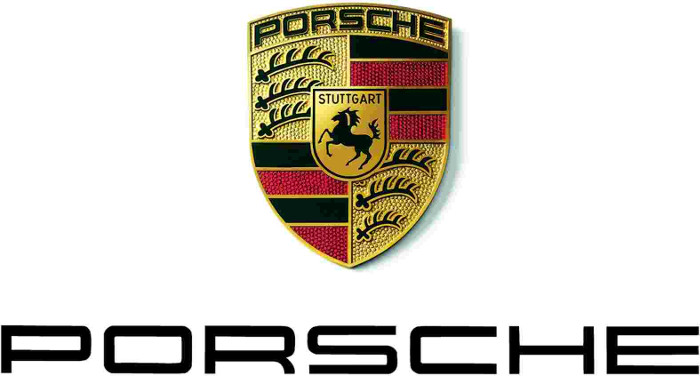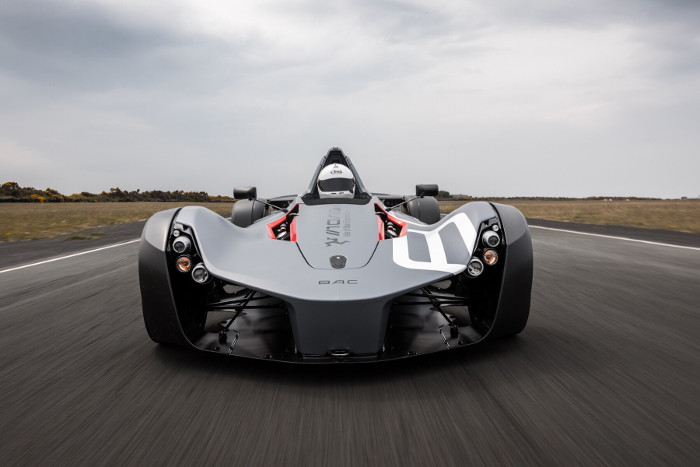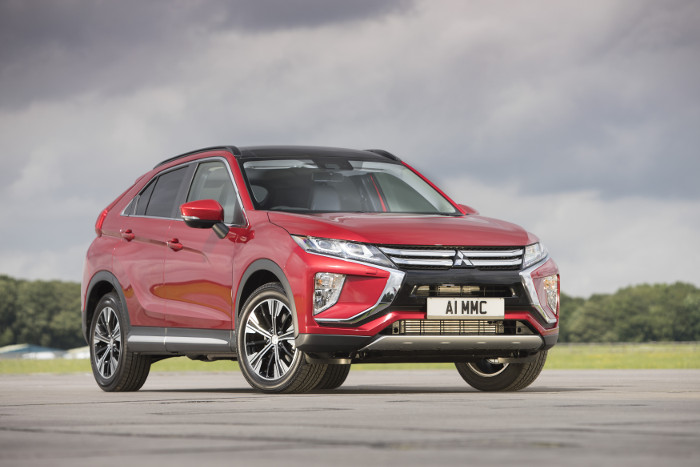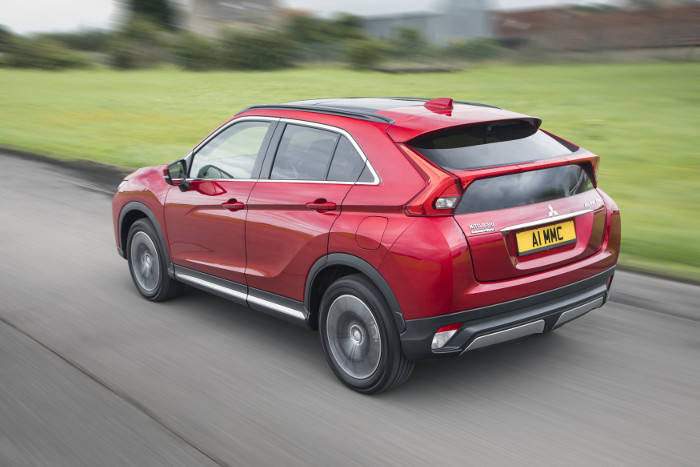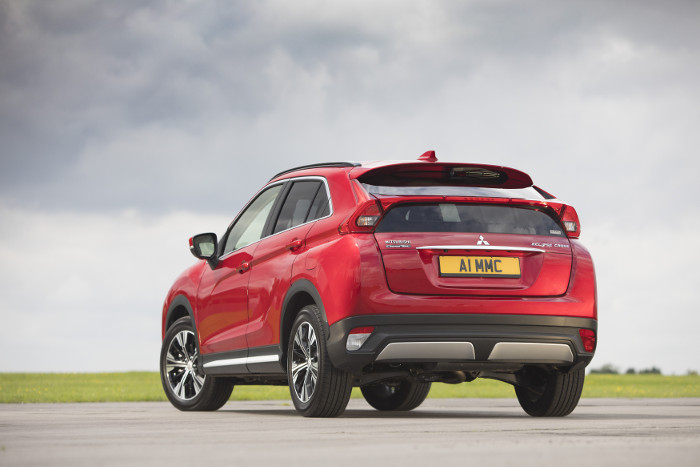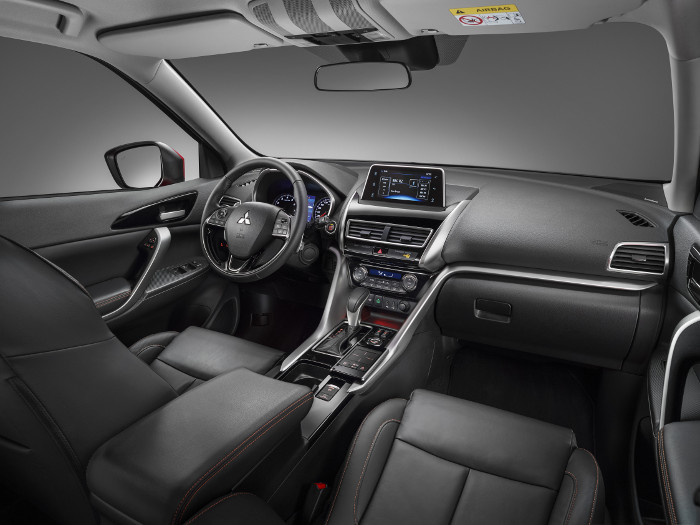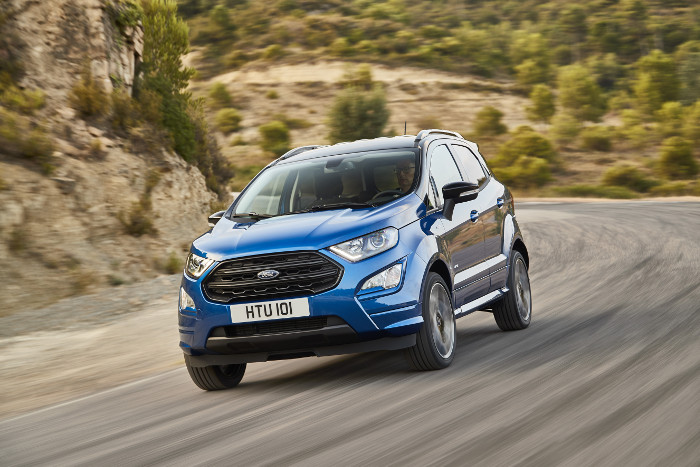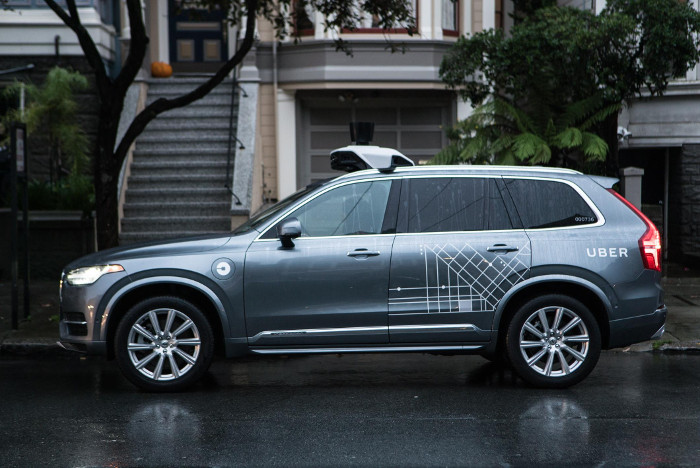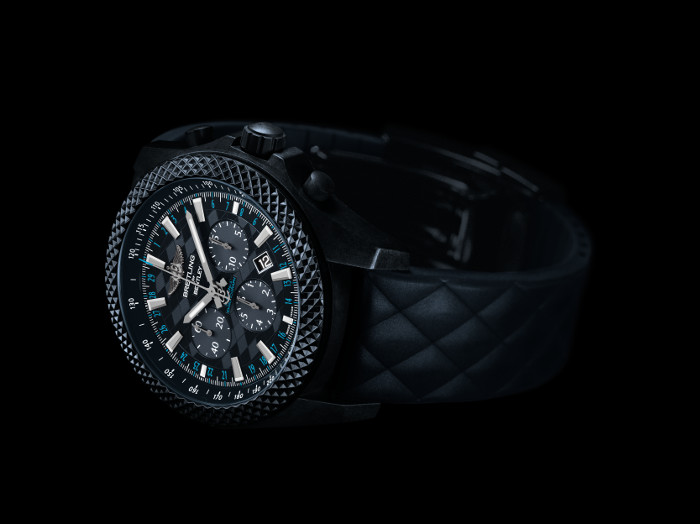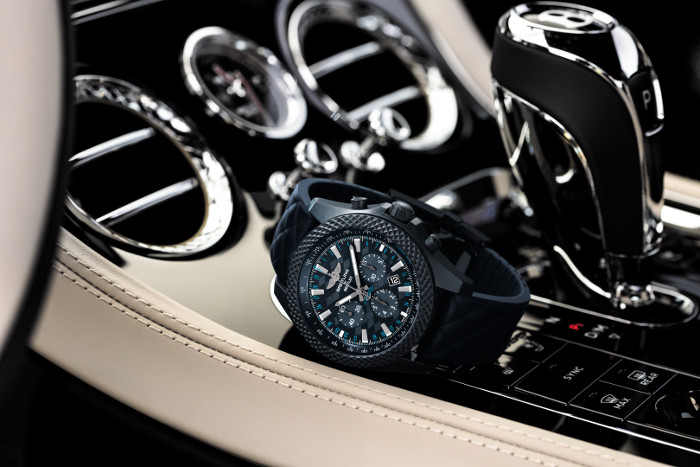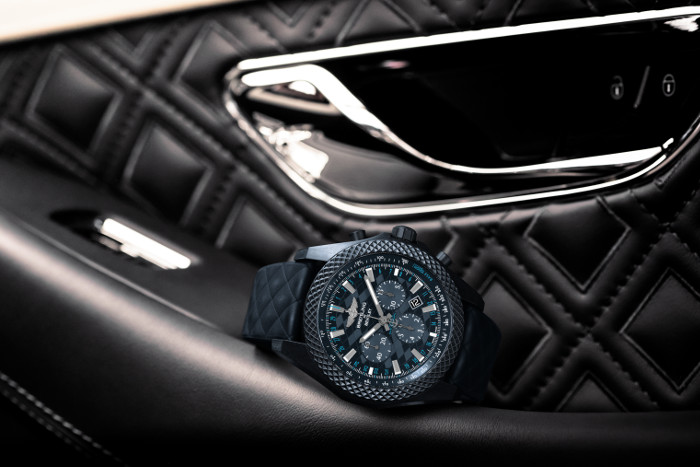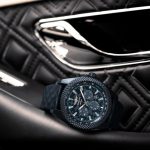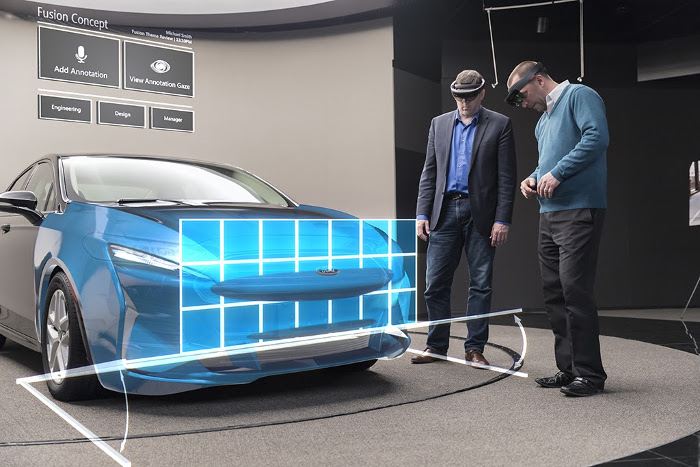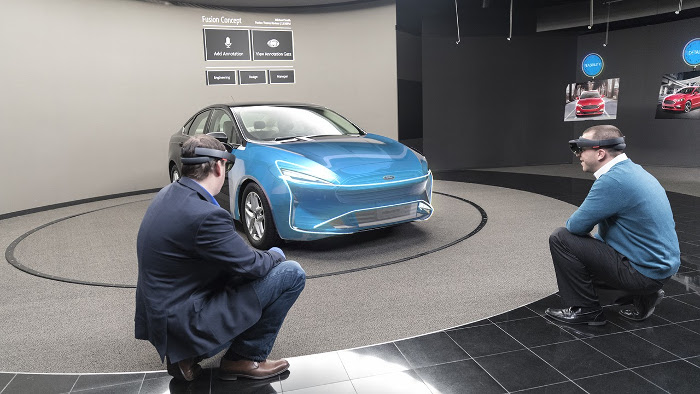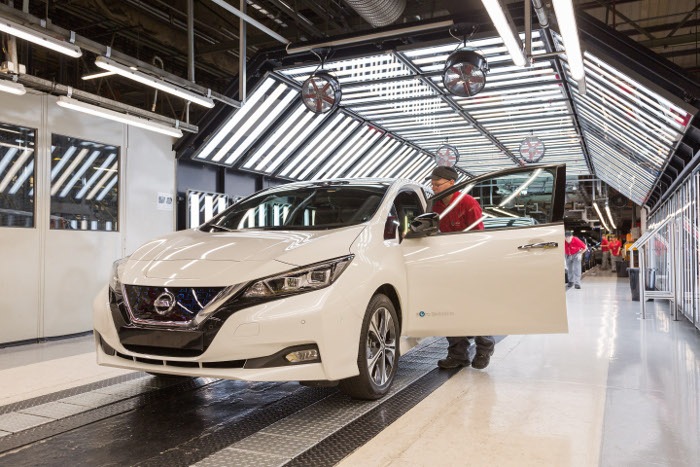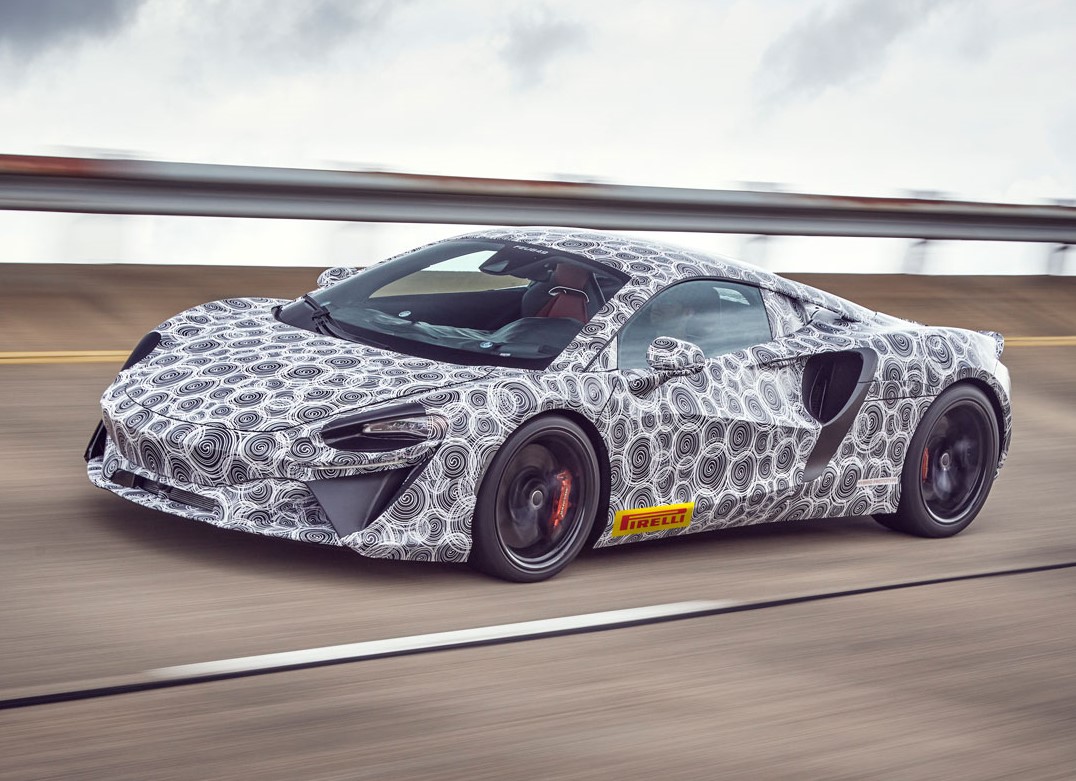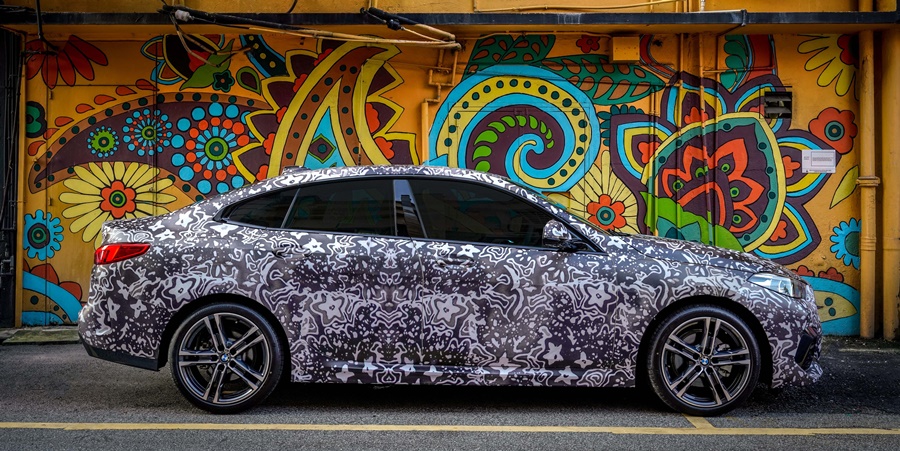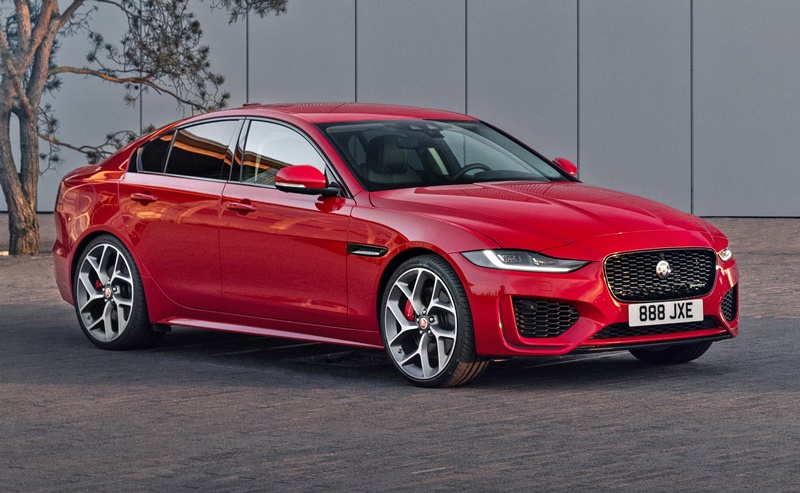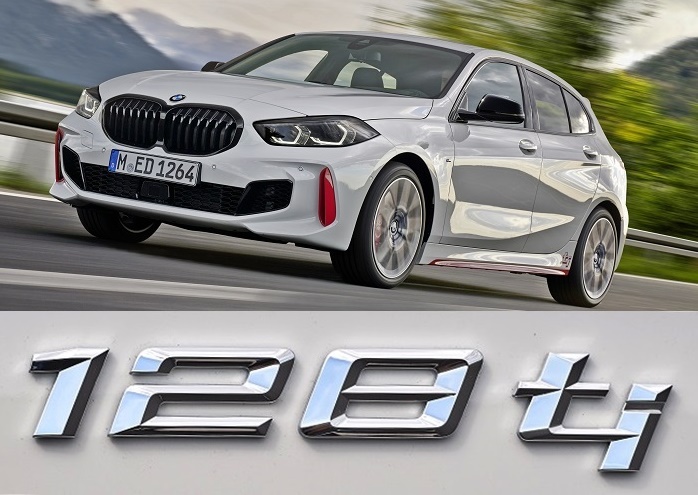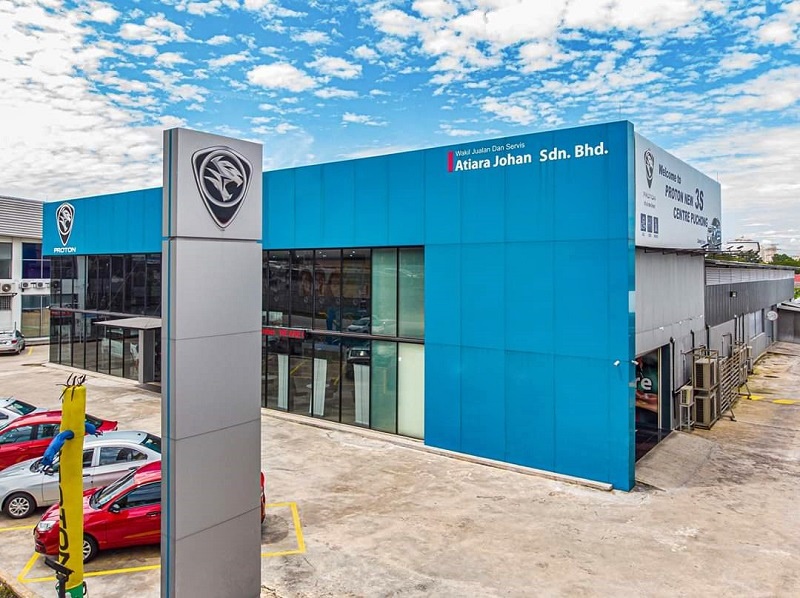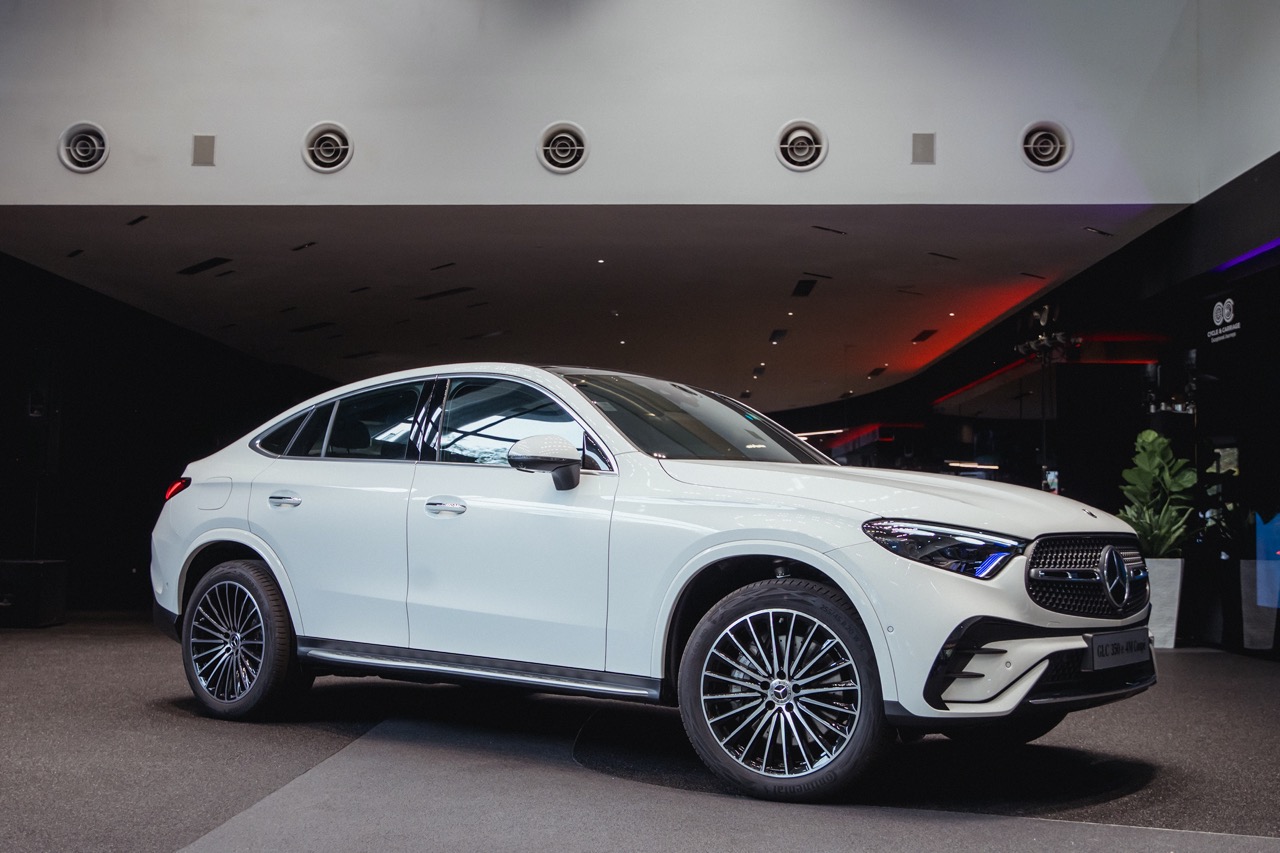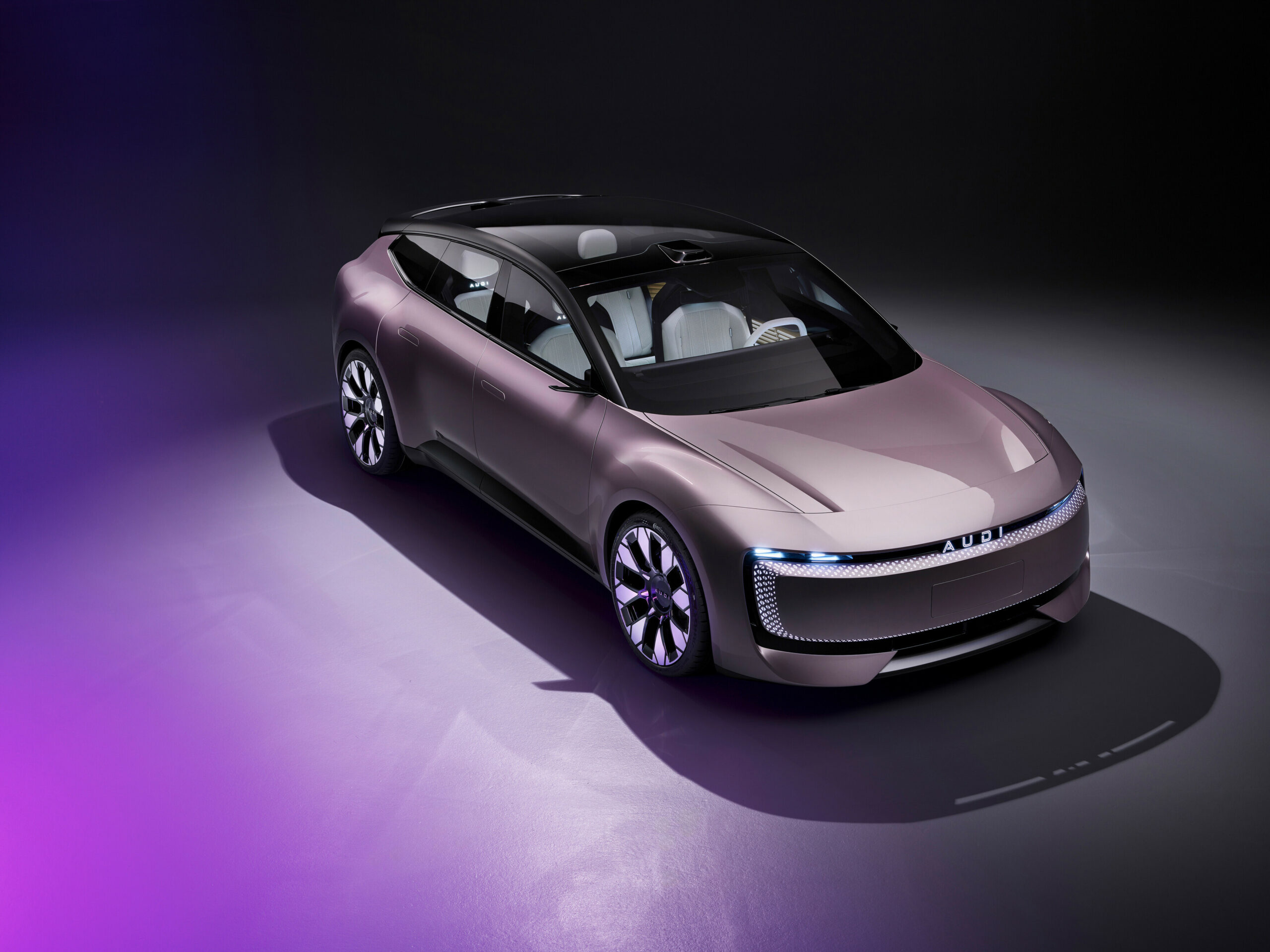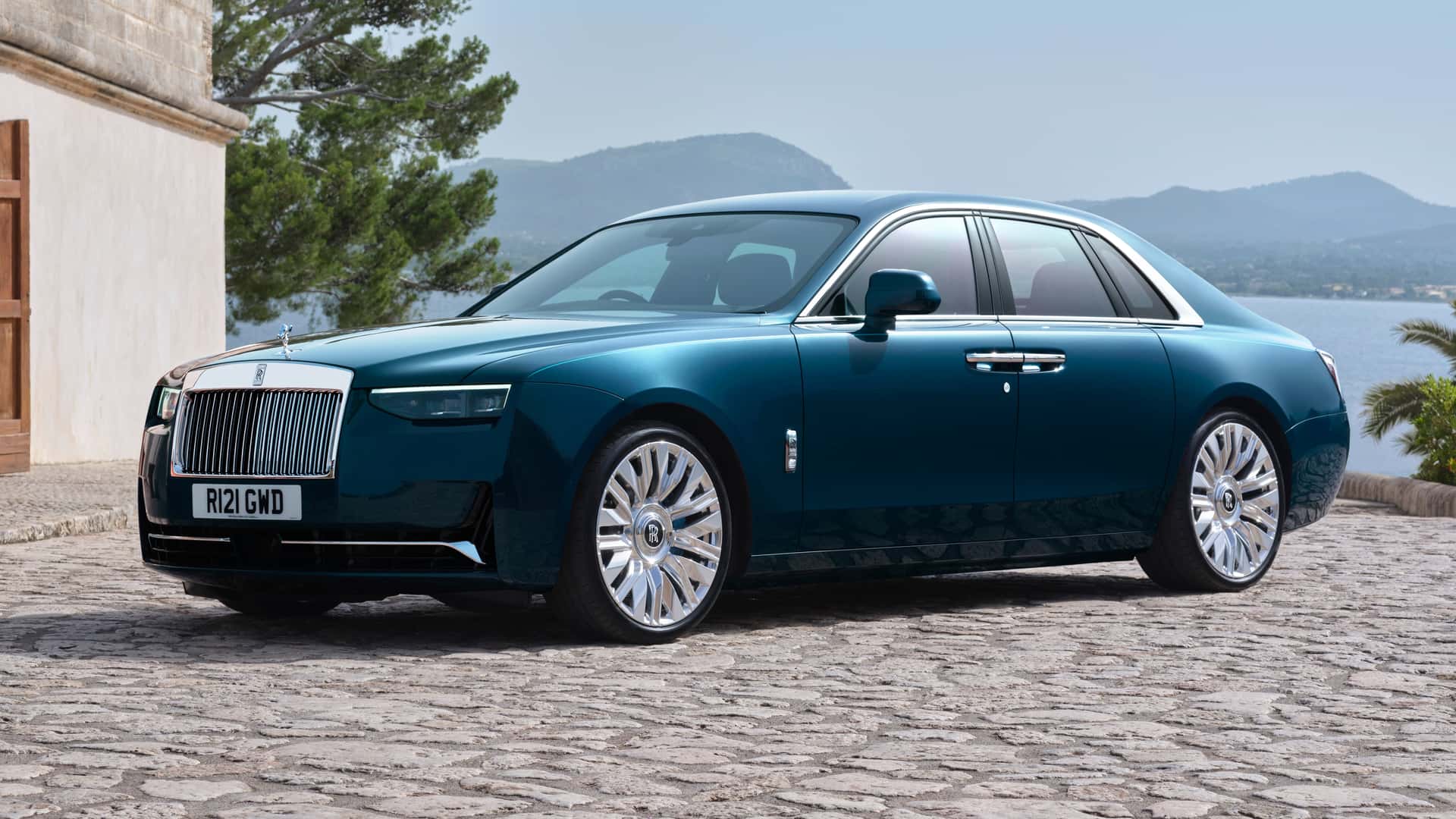Porsche North America has issued a statement regarding the recall of Cayenne vehicles built between 2003-2006. The reason for the recall is due to an issue pertaining to the fuel pump filter. The automaker has found that, overtime and extended usage, hairline cracks could develop on the flange of the fuel pump filter of affected vehicles.
If this does happen, a ‘very small quantity’ of fuel could seep through these cracks, which can cause a noticeable fuel odour. Though the automaker is playing down the issue, when problems regarding fuel seepage arises, they shouldn’t be taken lightly.
Porsche’s remedy for the problem is to have an authorized dealer replace the fuel pump filter flange at no cost to owners. The procedure should take approximately one and a half hours to complete, which means that inconvenience to Cayenne customers should be kept at a minimum.
So far, the German automaker has identified that 50,145 Cayenne vehicles are affected by the recall in North America. It is treating the rectification process as a ‘voluntary recall’, meaning that the issue isn’t of immediate concern to Cayenne owners.
That said, this problem seems to be isolated to the North American market. As for now, vehicles sold in other parts of the world don’t seem to have inherited this defect. Vehicles built in that part of the world, rarely share similar parts or suppliers with identical models sold in other markets.
Though many consider it as a point against Porsche’s Quality Control procedures, this goes to show that customer satisfaction is a priority for Porsche. Unlike some automakers, the company isn’t fully focused on sales profit, instead, it is still concerned with the safety of customers who have older models and are content with keeping them.




